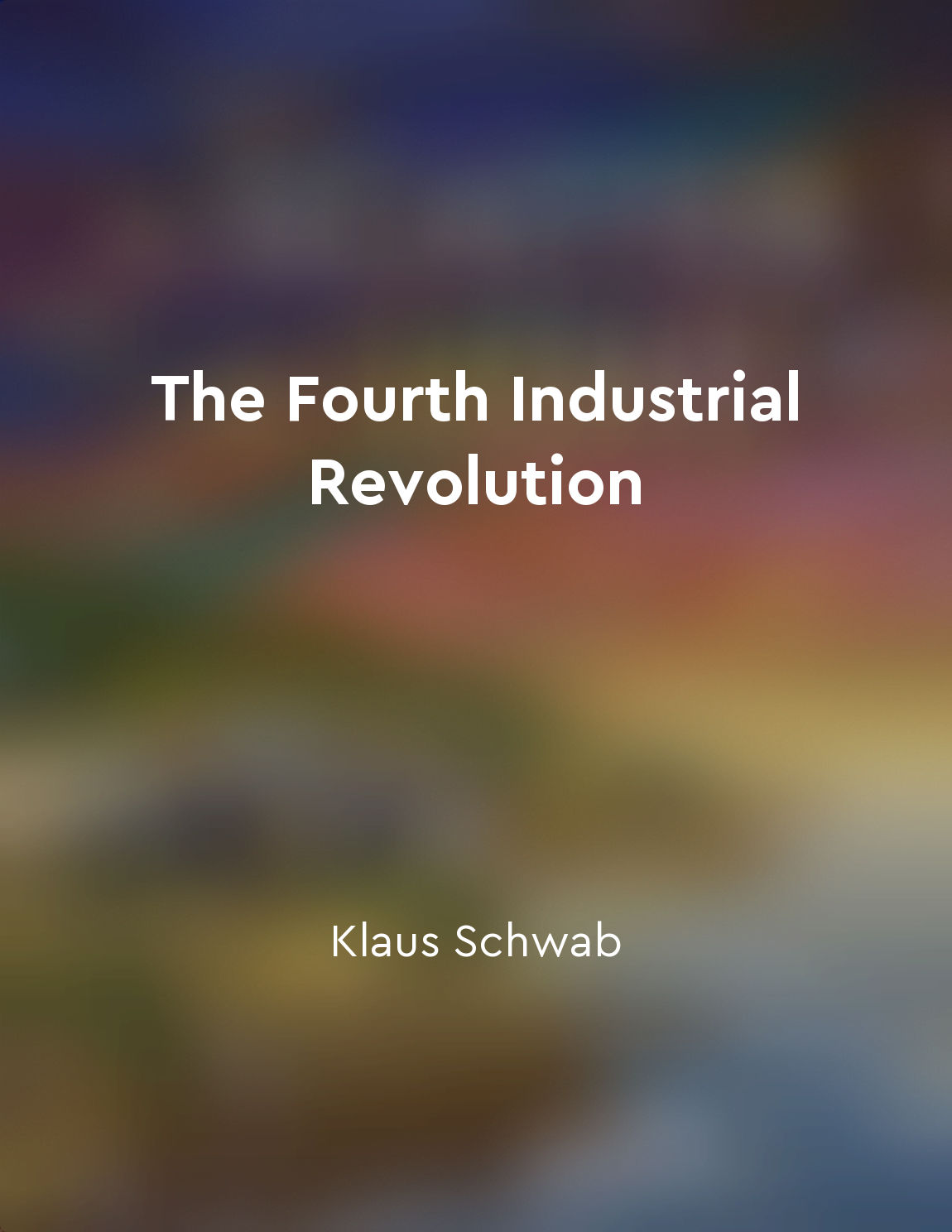The rise of automation is changing the workforce from "summary" of Machines of Loving Grace by John Markoff
The transformation that automation is bringing to the workforce is profound. Machines are increasingly taking over tasks that were once performed by humans, from manufacturing to service industries. This shift is not just about efficiency or productivity; it fundamentally alters the nature of work itself. As machines become more sophisticated and capable, they are able to handle increasingly complex tasks that were previously thought to be beyond their reach. One of the key implications of this trend is the displacement of human workers. As machines become capable of performing a wider range of tasks, many jobs are at risk of being automated. This has led to concerns about mass unemployment and the impact on society as a whole. At the same time, automation also creates new opportunities for innovation and growth, as companies are able to harness the power of machines to improve their products and services. The rise of automation is not just a technological shift; it is also a cultural and social one. As machines take on more responsibilities, the way we think about work and employment is changing. The traditional model of a job for life is becoming increasingly obsolete, as people are forced to adapt to a more fluid and dynamic labor market. This can be both liberating and unsettling, as individuals are faced with the challenge of redefining their identities and finding new ways to contribute to society. In the face of these changes, it is crucial that we rethink our assumptions about work and education. The skills and knowledge that are valued in today's economy are shifting, as automation places a premium on creativity, problem-solving, and adaptability. This requires a shift in our educational systems, to ensure that individuals are equipped with the skills they need to thrive in a world where machines are increasingly dominant.- The rise of automation presents both challenges and opportunities for society. How we choose to respond to this trend will shape the future of work and the nature of human existence. As machines continue to evolve and become more integrated into our lives, it is essential that we approach this transformation with thoughtfulness and foresight. Only by understanding the implications of automation can we hope to build a future where technology enhances rather than diminishes our humanity.
Similar Posts

Role of government policies in shaping class relations
Government policies play a vital role in defining class relations within a society. Policies formulated by the government can e...

Smart cities are emerging as a solution to urban challenges in the digital age
In the midst of rapid urbanization and exponential growth of population in cities around the world, the concept of smart cities...
The challenges and opportunities of automation in the workforce
Automation in the workforce presents a double-edged sword, bringing with it both challenges and opportunities that will fundame...
Collaboration between humans and machines is key
The relationship between humans and machines is a complex and evolving one. As automation technologies continue to advance, the...
Utopian visions fuel debates about automation
The idea that utopian visions can ignite heated discussions about the role of automation in our future is a central theme in di...
AI accountability vital for societal wellbeing
The rise of artificial intelligence (AI) has brought about numerous benefits to society, ranging from improved efficiency in va...

Growing income inequality
The growing income inequality is not just a statistical curiosity or a mere reflection of market forces; it is a societal pheno...

AI has the power to solve complex problems
In the realm of artificial intelligence, there is a prevailing belief that machines possess the ability to tackle intricate pro...

